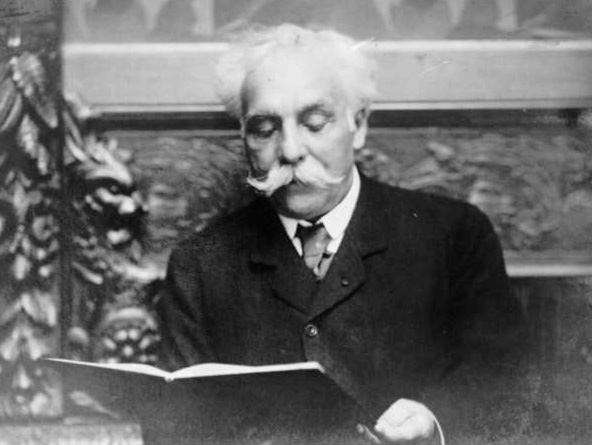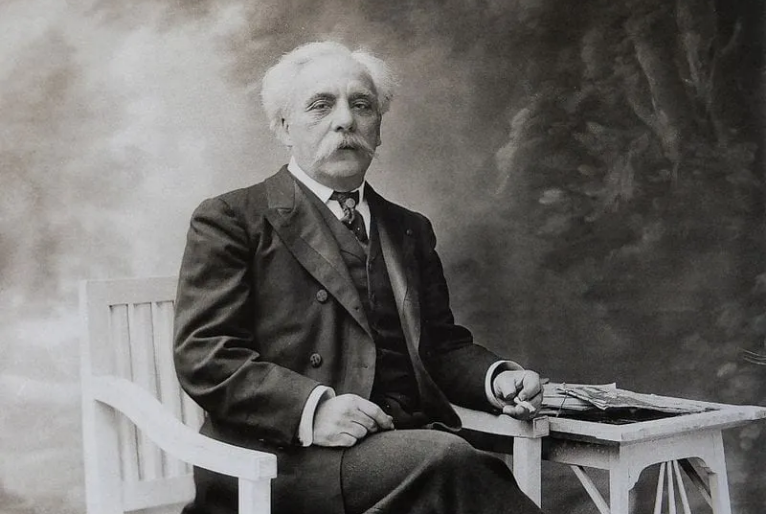
Exploring the 10 Best Compositions by Gabriel Fauré
Gabriel Fauré, a French composer of the late 19th and early 20th centuries, is widely regarded as one of the most influential figures in French[…]

Gabriel Fauré: A Musical Journey Through Elegance and Innovation
Gabriel Fauré, the renowned French composer and organist, left an indelible mark on the world of classical music. His compositions are celebrated for their delicate[…]

Gabriel Fauré: Illuminating the Soul through Musical Serenity
Gabriel Urbain Fauré was born on May 12, 1845, in Pamiers, a small town in the South of France. From a young age, he showed[…]